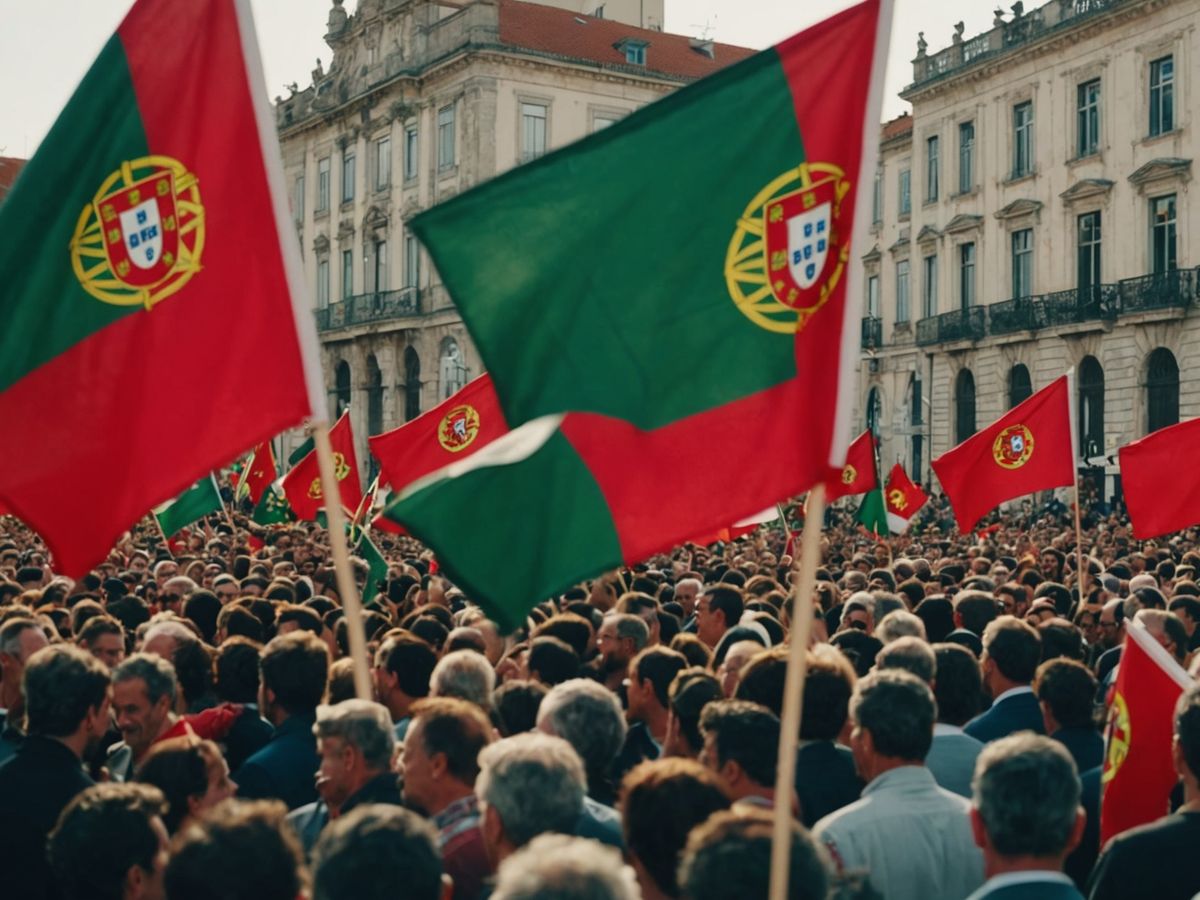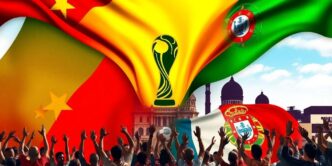Portugal commemorated the 50th anniversary of the Carnation Revolution, which ended Europe’s longest dictatorship and ushered in democracy. However, the celebrations were overshadowed by the rise of the far-right Chega party, reflecting a complex political landscape in the country today.
The Carnation Revolution: A Historical Overview
On April 25, 1974, a nearly bloodless military coup led by junior army officers, known as the “Captains of April,” toppled the Estado Novo regime. This revolution ended decades of authoritarian rule under Antonio Oliveira Salazar and his successor, Marcelo Caetano. The coup also accelerated the decolonization process, ending Portugal’s colonial wars in Africa.
The revolution was unique for its peaceful nature, symbolized by red carnations placed in the muzzles of soldiers’ rifles. It quickly gained international admiration and led to the establishment of a democratic government in Portugal.
Celebrations and Public Sentiment
Thousands of people took to the streets of Lisbon to celebrate the 50th anniversary. The festivities included military parades, concerts, and public installations, such as a giant luminous carnation in Montijo. Heads of state from former Portuguese colonies also participated in the events, highlighting the revolution’s global impact.
However, the rise of the far-right Chega party has introduced a note of discord. Founded in 2019, Chega has quickly become the third-largest party in Portugal, capitalizing on public discontent over issues like housing, low wages, and corruption. The party’s leader, André Ventura, has been vocal about his desire to change Portugal’s constitution and has used slogans reminiscent of the Estado Novo regime.
Divided Opinions
A recent survey revealed that 23% of Portuguese citizens believe that following Salazar’s ideals could help Portugal regain its greatness. This sentiment is particularly strong among Chega supporters, who often express nostalgia for the country’s colonial past.
Despite this, a majority of Portuguese citizens view the Carnation Revolution as the most significant event in the country’s history. President Marcelo Rebelo de Sousa emphasized the importance of democracy, even if imperfect, over any form of dictatorship.
The Far-Right Surge
The rise of Chega has been fueled by various socio-economic issues. The housing crisis, low wages, and sagging healthcare have all contributed to the party’s growing support. Chega’s anti-immigration stance and focus on high-level corruption scandals have also resonated with a significant portion of the electorate.
Political analysts warn that the growing popularity of Chega is a cause for concern. The party’s revisionist view of history and its use of Salazar-era slogans have raised alarms about the potential erosion of democratic values in Portugal.
Looking Forward
As Portugal celebrates this milestone, the country faces a critical juncture. The legacy of the Carnation Revolution remains a source of national pride, but the rise of the far-right indicates a need for renewed commitment to democratic principles. The challenge for Portugal will be to address the underlying issues driving support for Chega while preserving the democratic gains of the past 50 years..













